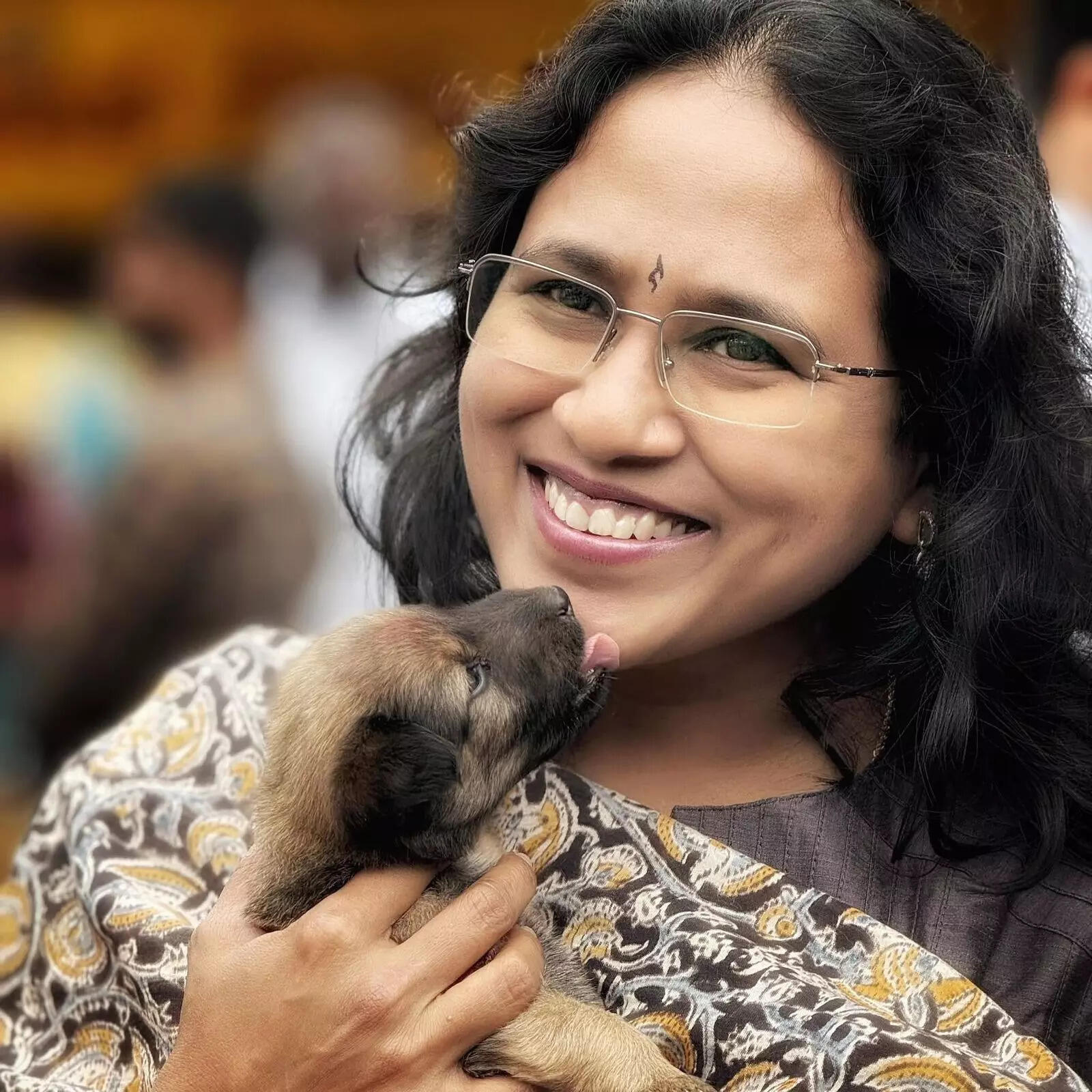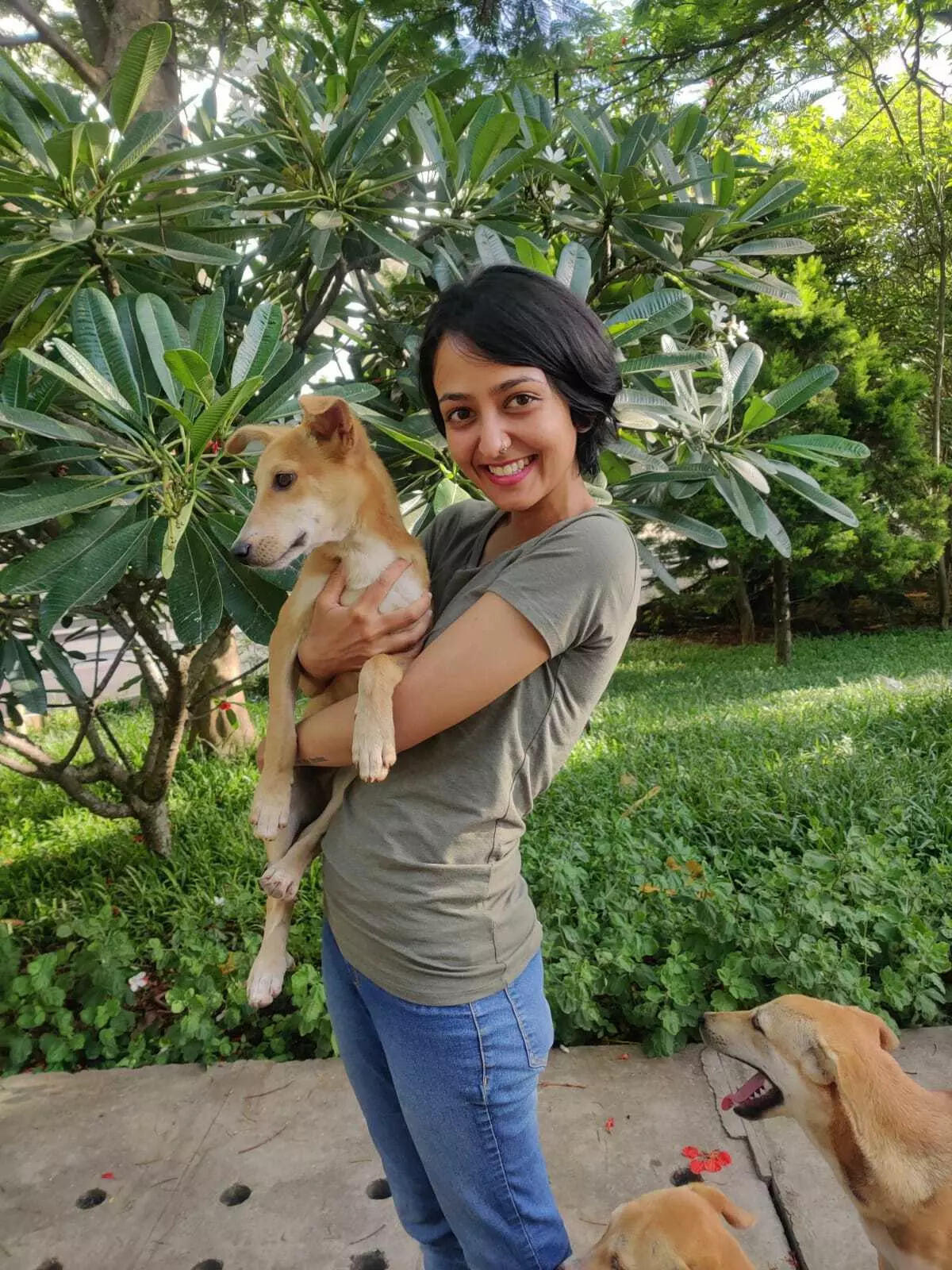How to deal with community dogs in Bengaluru | Bengaluru News

BBMP says the Animal Birth Control (ABC) programme in the city has been effective in controlling the stray dog population. But data, and citizens’ experiences, tell a different story. Stray dogs, or community dogs, are everywhere. They roam the streets in packs. They growl at morning walkers, two-wheeler riders, the elderly and children. Sometimes they chase them, and scooterists tell us about the dangerous manoeuvres they instinctively have to make when a dog suddenly comes after them. Also, look at the state health department data. The number of dog bite cases in Bengaluru Urban has increased from 10,293 in 2022 to 16,121 in 2024. This year (till Aug 12), the number is already 11,233. As many as 39 people, including children, have died due to dog bites in Bengaluru Urban since 2023.In Bengaluru Rural, the number has risen from 3,952 in 2022, to 8,879 in 2024, and stands at 5,545 upto Aug 12 this year. These numbers, particularly the Rural ones, might be underestimates because many might not be reporting cases. The 2023 dog census by BBMP found the city has at least 2.8 lakh stray dogs, with Mahadevapura Zone leading with 58,341 strays, followed by RR Nagar (41,266). ABC- a failure? Since 2023, only 1.2 lakh stray dogs in Bengaluru Urban have been neutered. “There is no shortage of funds. But availability of space for neutering is a major constraint. Not many residents are willing to have dog neutering centres in and around their homes,” points out Vikas Suralkar Kishor, special commissioner in BBMP’s health dept. The Animal Welfare Board (AWB) guidelines that require dogs to be kept in neutering centres for a certain number of days is also a challenge. “It means less number of dogs can be neutered in each centre,” says Suralkar. BBMP is planning to intensify dog vaccination. Large zones like Mahadevpura need to be divided into smaller zones for easier coverage, say experts. “We also need good service providers to take ABC contracts if the zone gets broken up,” says Laavanya Koushik, a lawyer who works on public policy in the animal protection space. Suralkar says despite all the logistical issues, the ABC programme has curbed the rate of increase in the dog population in BBMP limits. Govt mulls pre-exposure anti-rabies shots for vulnerable populationConsidering the growing safety concerns, Karnataka is planning to offer pre-exposure vaccines to the vulnerable population, including milkmen, newspaper boys and pourakarmikas. “The chief minister instructed us to explore providing pre-exposure prophylaxis (PrEP) to those at risk. PrEP is a vaccine series administered before potential exposure to rabies and can simplify post-exposure treatment,” Harsh Gupta, principal secretary in the health and family welfare dept, tells us. He says they are planning to intensify dog sterilisation and vaccination, as well as pre-exposure and post-exposure vaccines for humans. Peaceful coexistenceStringent measures like dog shelters as suggested by the Supreme Court previously could lead to widespread anger. Bengaluru has large communities of stray dog lovers – people who also often adopt strays, and consider them as family. They believe strays have every right to live on the streets. Sakshi Prasad, a 28-year-old dog lover, has adopted two stray dogs, encourages compassion and empathy towards community dogs. “Please teach your kids to be empathetic to the community animals because they are the next generation, and we should raise them to be kind.” People should avoid provoking community dogs and observe their behaviour before helping, says Sakshi. Community dogs, she says, are usually traumatized by human actions. “If you want to help them in any way or feed them, always try to keep a distance initially. Observe signs to see if they are scared or alert by looking at their tail: if it is down and tucked in, the dog is scared; if it is up and straight, the dog is alert.” Suralkar attributes the rise in dog bite cases partly to increased reporting and changes in the attitude of people towards dogs. “It is sad that many are disowning street animals. For instance, in a street with 50 houses, there could be five or six street dogs, and hardly two or three families feeding them. So the dogs form groups and develop pack behaviour. If 10 to 15 families in a street come forward to feed dogs, the relationship will improve and those dogs will not bite, and aggression will turn into affection over a period of time,” he says. Citizens, he says, must start owning the dogs in their streets and feeding them. “If the dogs are not neutered, let us know. Together we can tackle the problem,” he says. Veda Murali, a grade 8 student and resident of Golden Palms Apartment in K Narayanapura, Hennur, agrees. She says humans sometimes fail to understand what causes aggressive behaviour in dogs. “They may be hungry,” she says. Govt and civic bodies are not doing enoughSakshi feels it is important to strictly implement the ABC programme. “It hasn’t been happening through BBMP. Usually, it’s the rescuers who spend their time, effort and money to neuter the dogs in their respective area,” she points out. Veda echoes similar sentiments. She takes care of around 20 community dogs in her locality, along with stray lovers in her apartment. “We pool in money to sterilise them, take them for vaccinations once a year, to take care of them. Govt does not take the initiative to do it,” she says.VOICE BOX“When I was feeding community dogs outside my apartment in Balagere, I found Pihu who was barely 45 days. She was being chased down by adult dogs,and also endured a wound due to that. I took her to a vet for treatment and thought of fostering her for the night, planning to get her adopted within the next few days.

Sakshi Prasad
Luckily, the adoption happened through me, and now I am a happy mother to Pihu – an Indie female, Chhutki – a Dachshund-Indie female, and Guddu – a Sun conure, all adopted. Sakshi Prasad,RESIDENT“Around 70% of the dogs in the city are being vaccinated annually. We are planning to launch CVNR, i.e., catch, vaccinate, neuter and release on the same day, at least in a few pockets. We have been conducting dog vaccination ward-wise, but it has not been very successful as the dogs continue to move around.

Vikas Suralkar Kishor
BBMP initiated microchipping for stray dogs on a pilot basis last year, and tenders for the same are expected to be floated again soon. This allows for better tracking of stray dogs.Each dog will have a microchip inserted. The microchips contain information on when the dog was vaccinated and which territory it belongs to, etc. The information can be accessed through our servers. We tried microchipping on a pilot basis in two wards in the west zone, where around 500 dogs were microchipped. Vikas Suralkar Kishor, Special Commissioner, BBMP Health Department.BBMP has not been able to meet its ABC targets that would result in desired population control.

Vindhya Thiagarajan
Most of Bengaluru Rural panchayats don’t even have ABC centres. Vindhya Thiagarajan, FREELANCE PHOTOGRAPHER“With our community dogs, we are the ones who call people to neuter them. Govt does not take the initiative to do it. However, as far as I know most dogs in Bengaluru have their ears clipped which means they have been sterilized….

Veda Murali
I take anti-rabies and tetanus shots once a year, and it doesn’t cost much. The vaccinations keep me safe. As for the dogs, each one of us sponsors and takes ownership of vaccinations for the dogs. It costs Rs 999 for a vaccine. While it’s pricey, treating diseasess from not vaccinating would cost us more, so it’s worth the money.Veda Murali, Grade 8 student, and resident of Golden Palms Apartment in K Narayanapura HennurABC is not perfect in Bengaluru. However, Bengaluru has some ABC implementation, whereas rural and semi urban areas still lack basic ABC coverage.BBMP has addressed a lot of issues. But there are many things that need to be tackled by other departments. There needs to be better coordination between different govt bodies. Ancillary issues are adding to the problem.NGOs face delays in obtaining or reobtaining project recognition certificates from Animal Welfare Board of India (AWBI). Some activists move court for stays without understanding the nuances- any halt in ABC, even briefly, can undo decades of progress. It is important to create awareness on dog behavior, aggression, mating and feeder rights.

Laavanya Koushik
DGHS data shows most bite cases involve pet dogs and not strays. However, efforts are not being made to ensure sterilization and vaccination of pet dogs. Additionally, illegal breeders and unlicensed pet shops continue unchecked. There is an urgent need to implement dog breeding and marketing rules and pet shop rules. Licensing by municipal authority and registration with Karnatala Animal Welfare Board should be made mandatory. KAWB is currently defunct with no officers of its own. Improving waste management is also important.Laavanya Koushik, LAWYER, WORKS ON PUBLIC POLICY IN THE ANIMAL PROTECTION SPACE






